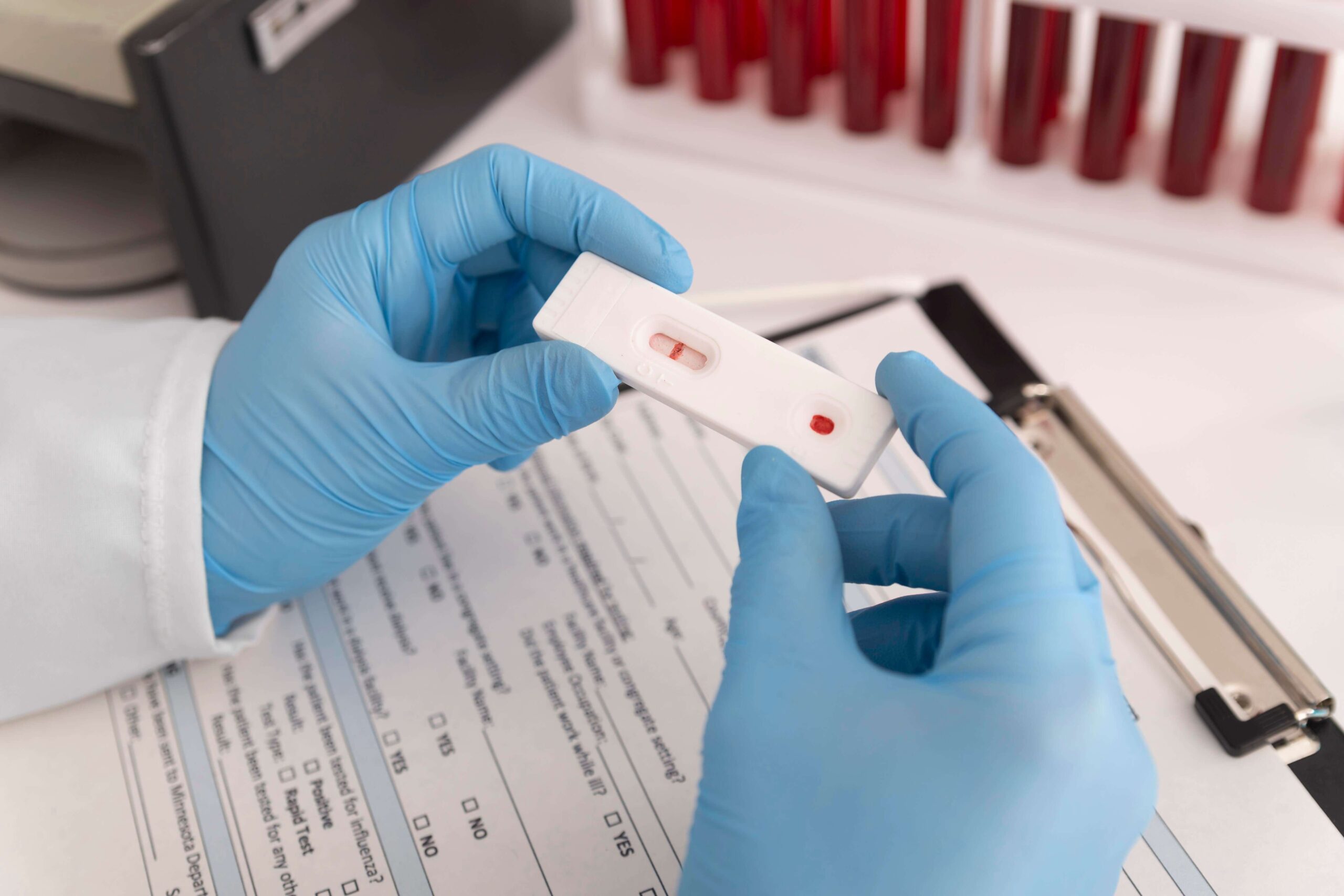Sexually transmitted diseases (STDs) are a serious health concern that affects millions of people worldwide. Getting tested for STDs is crucial for early detection and treatment. However, many individuals are unsure about where to find reliable STD testing centers near their location. In this article, we will explore everything you need to know about STD Testing Near Me, including the importance of regular testing, common STDs, finding the nearest testing centers, and addressing frequently asked questions related to the topic.
1 The Significance of Regular STD Testing
- 1 Understanding the Importance of Early Detection
Regular STD testing is vital, even for individuals who do not exhibit any symptoms. Many STDs can remain asymptomatic for extended periods, leading to unknowing transmission and potential complications. Early detection allows for timely treatment, preventing the spread of infections and minimizing long-term health consequences.
- 2 Promoting Responsible Sexual Health
Encouraging regular STD testing fosters a culture of responsible sexual health. By prioritizing one’s well-being and that of their partners, individuals can make informed decisions and reduce the risk of STD transmission.
2 Common STDs and Their Symptoms
- 1 Human Immunodeficiency Virus (HIV)
HIV is a viral infection that weakens the immune system, making it difficult for the body to fight infections and diseases. Symptoms may include flu-like symptoms, fatigue, and recurrent infections.
- 2 Chlamydia
Chlamydia is a bacterial infection that often presents with no symptoms. However, when symptoms occur, they may include abnormal discharge, painful urination, and pelvic pain.
- 3 Gonorrhea
Gonorrhea is a bacterial infection that can affect the genital tract, mouth, or rectum. Symptoms may include painful urination, abnormal discharge, and pelvic pain.
- 4 Syphilis
Syphilis is a bacterial infection that progresses through stages. In the early stages, a sore or rash may appear, while the later stages can lead to severe health complications.
- 5 Herpes
Herpes is a viral infection that causes painful sores around the mouth or genitals. It can recur periodically and may lead to discomfort and stigma.
3 Finding STD Testing Centers Near You
- 1 Local Health Departments
Local health departments often offer free or low-cost STD testing services. They aim to make testing accessible to all individuals regardless of their financial situation.
- 2 Planned Parenthood Clinics
Planned Parenthood clinics provide comprehensive reproductive healthcare, including STD testing and treatment, in a confidential and non-judgmental environment.
- 3 Private Healthcare Providers
Many private healthcare providers offer STD testing as part of their services. Patients can schedule appointments and receive testing results in a timely manner.
- 4 Online Testing Services
Online platforms now offer discreet and convenient STD testing options. Individuals can order test kits, collect samples at home, and receive results online.
FAQs: Addressing Common Concerns
- How Often Should I Get Tested for STDs?
The frequency of STD testing depends on various factors, including the number of sexual partners and condom use. Generally, individuals with multiple partners are encouraged to get tested at least once a year.
- Is STD Testing Painful?
STD testing procedures are typically quick and relatively painless. Blood tests and urine samples are commonly used for testing, and discomfort is minimal.
- Can I Get STDs from Oral Sex?
Yes, some STDs can be transmitted through oral sex. Using condoms or dental dams can reduce the risk of infection.
- Are STDs Treatable?
Many STDs are treatable with appropriate medication. Early detection and treatment are crucial to avoid complications and prevent transmission.
- Can I Have an STD Without Knowing It?
Yes, some STDs may not present noticeable symptoms, leading to unknowing transmission. Regular testing is essential to identify and treat infections promptly.
Prioritizing your sexual health by getting regular STD testing is crucial for overall well-being. Early detection and treatment can prevent complications and protect both yourself and your partners. Whether you choose to visit local health departments, Planned Parenthood clinics, private healthcare providers, or utilize online testing services, taking the initiative to get tested is a responsible decision. Remember, knowing your STD status empowers you to make informed choices and maintain a healthy lifestyle.
